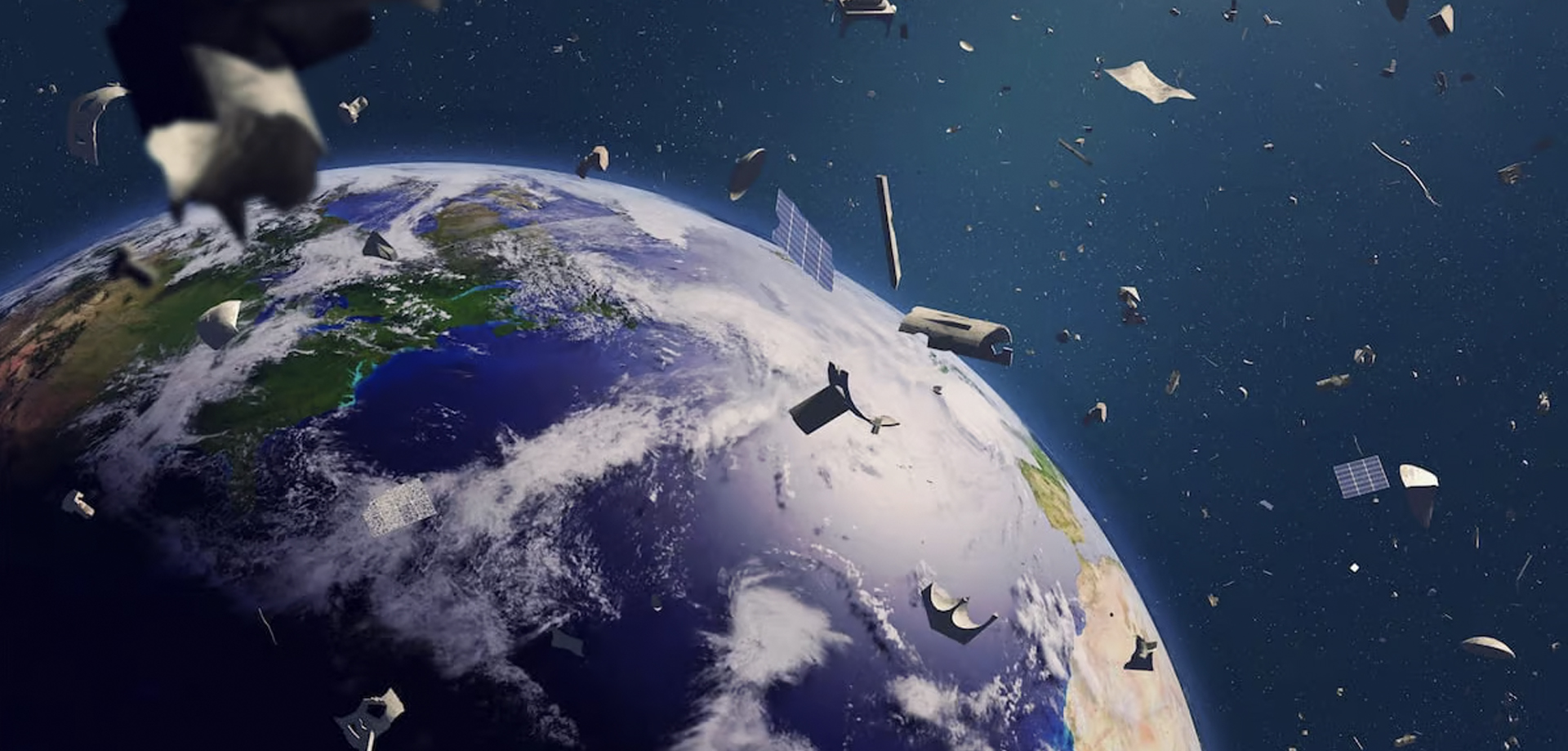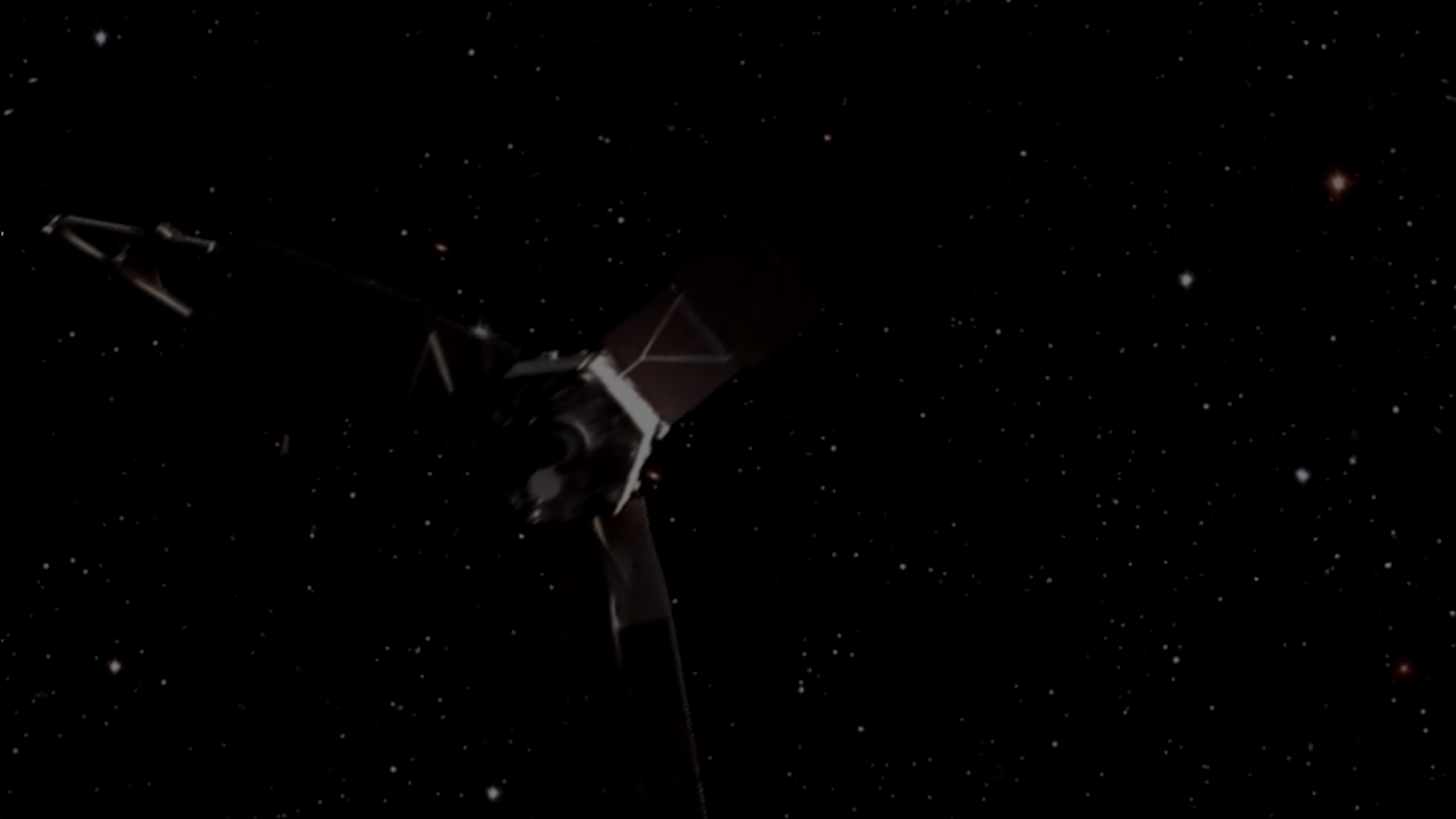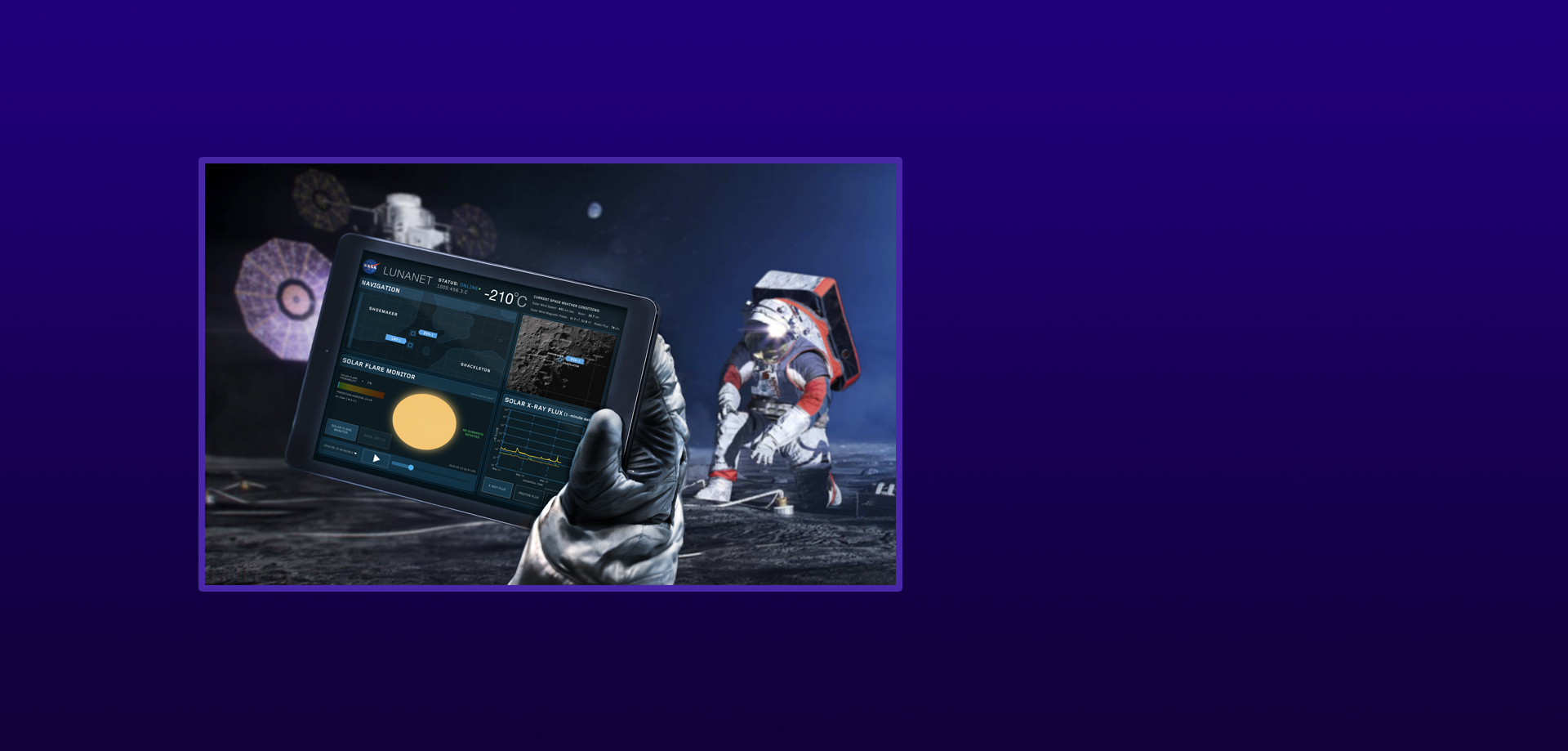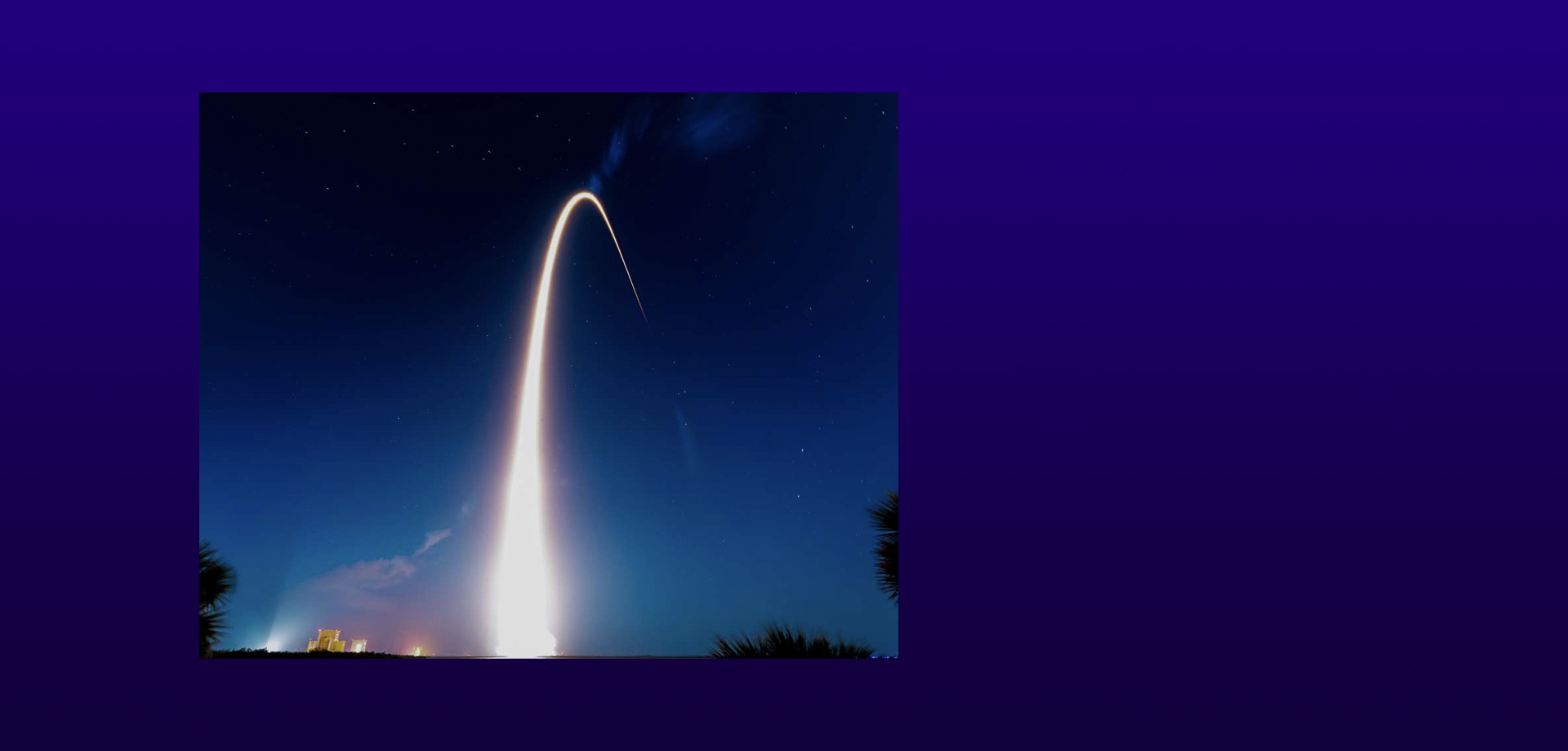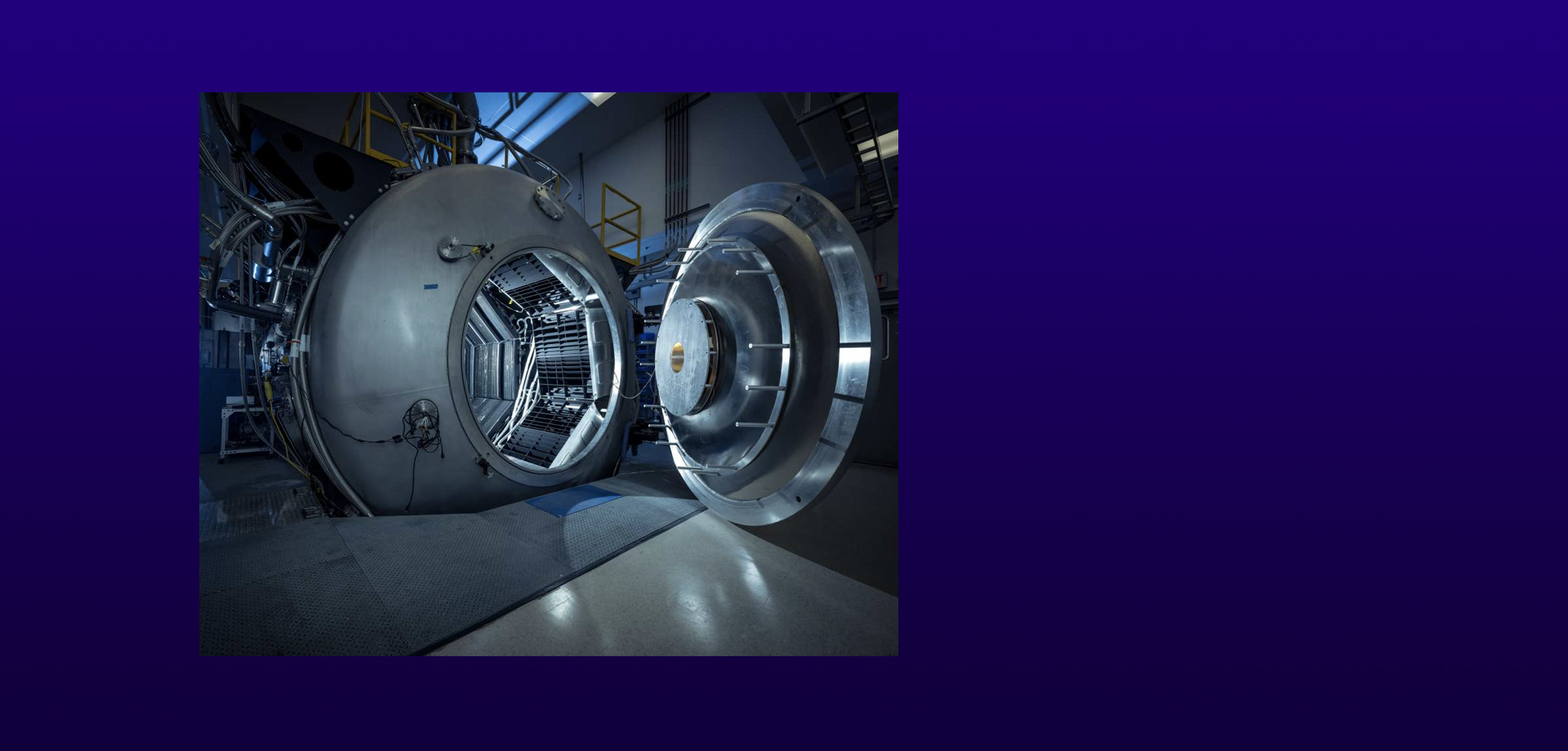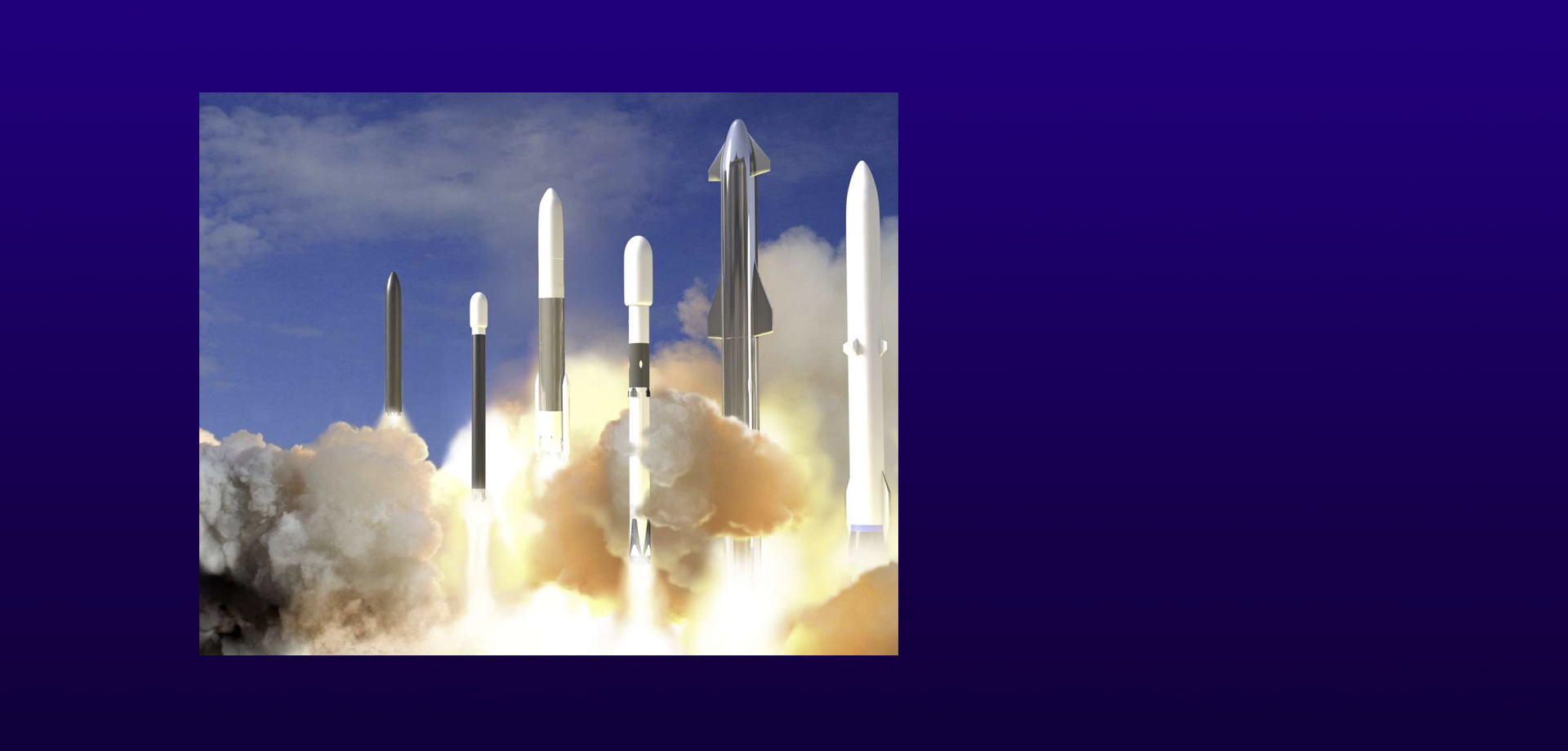A 20-minute documentary film that covers the criticality of space to our national security, the economy, and our daily lives. It describes Space Force mission areas, locations, and personnel. Produced by Air Force Television Pentagon (SAF/PA)
Space Force accepts SBIRS upgrade for operations
The Space Force accepted the upgrade to the Space-Based Infrared System last week, the service announced today, which serves to boost missile warning capabilities.
Space Debris: What It Is and Why It’s a Problem
Abandoned satellites, rocket parts, and other debris have been accumulating in outer space for the last seven decades. Without global action to track and reduce it, this clutter could cause lasting damage and endanger the technology we depend on.
Space Force embraces commercial tech in major overhaul of surveillance satellite program
WASHINGTON — In a significant departure from traditional defense procurement practices, the U.S. Space Force is moving to replace its specialized military satellites used for geostationary surveillance with systems built and operated by commercial vendors, a shift aimed at expanding supplier diversity and tapping into the private sector’s capabilities.
LunaNet: Crafting the Navigation and Connectivity Framework for Lunar Exploration’s Next Era
Aerospace’s contributions to LunaNet are paving the way for a transformative era of connectivity, navigation, and scientific discovery beyond Earth.
Mars landscape
Forging End-to-End Connections that Strengthen U.S. Leadership in Space
Aerospace aligns stakeholders across the space enterprise to advance the
National Security Space Launch program mission.
Overcoming the Flight-Proven Paradox: How Aerospace is Accelerating Commercial Innovation
By leveraging certified space testbeds and proving grounds, commercial developers can build trust in innovative space capabilities and accelerate their path to deployment to space.
Innovation and Speed in Launch: The Keys to Operational Readiness
Aerospace brings the deep technical expertise, collaborative approach and objective insight that enables both government and commercial partners to turn bold, new ideas into exciting realities for launch.
Aerospace Supports DARPA in Development of Alternative Radiation Testing Methods
The Aerospace Corporation was recently part of a team awarded two contracts from the Defense Advanced Research Projects Agency (DARPA) to continue its work developing innovative alternatives to traditional single-event effects (SEEs) testing.
Delivering Innovation at Scale Through Technology Transfer and Partnerships
Aerospace’s Office of Technology Transfer (OTT) acts as a critical bridge that facilitates this intentional movement of corporate technology and solutions to industry. As a new office established within the Office of the Chief Technology Officer (OCTO), OTT made significant strides over the past year to elevate the pace and impact of Aerospace’s technology adoption.



